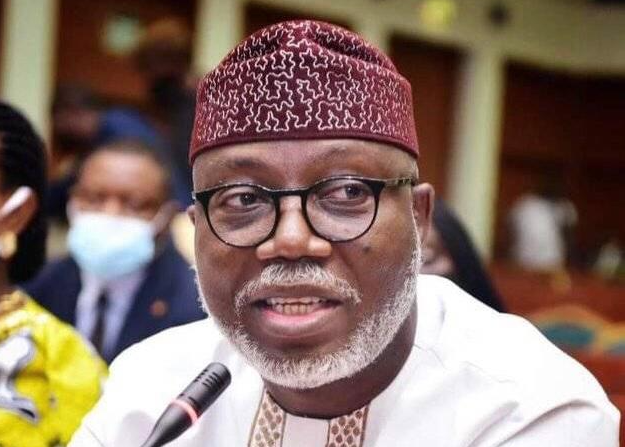As the governorship election in Ondo State approaches, the political landscape is active with campaigns across its 18 Local Government Areas, scheduled for November 16. Various political parties, including the ruling All Progressives Congress (APC) and the opposition Peoples Democratic Party (PDP), are engaging in rigorous campaigning to win the support of voters. While there are 18 parties cleared by the Independent National Electoral Commission (INEC) to participate, only a handful, namely APC, PDP, New Nigeria Peoples Party (NNPP), Labour Party (LP), Zenith Labour Party (ZLP), Social Democratic Party (SDP), and African Democratic Congress (ADC), appear serious about their campaigns. Many smaller parties struggle with inadequate resources and lack the necessary infrastructure, making them less involved in campaigning activities compared to the dominant parties.
The campaign efforts primarily reflect the financial advantage that the APC and PDP have over their counterparts. Many smaller parties do not have a visible presence, lacking party secretariats, promotional materials, and comprehensive media campaigns. This situation has deterred some of these parties from participating in significant events like the recent election debate organized by Channels Television, which exclusively featured the candidates from the more substantial platforms. In light of their poor preparations, discussions for potential alliances between lesser parties and the major parties have emerged, with leaders of some smaller parties reportedly negotiating to merge their structures with either the APC or the PDP to increase their chances of success during the elections.
Insiders have indicated that these negotiations are nearing completion, suggesting that many smaller party candidates, who are aware of their limited electoral prospects, seek to align with larger parties for financial benefits rather than genuine political aspirations. This trend is not unprecedented in Nigerian politics, having been observed in other states like Edo, where parties collapsed their structures to support larger entities shortly before elections. The impending governorship race in Ondo State might witness a similar occurrence, with APC and PDP poised to be the main beneficiaries as smaller parties grapple with their viability in the electoral contest.
Despite talks of preferring independence, some minor parties express confidence in their ability to compete. Myson Nejo of the ADC maintains that his party is not engaged in alliance talks and believes that a fair election could lead to victory for him. Meanwhile, ZLP’s state chairman Cornelius Akintoye asserts that there are no merger plans with PDP, emphasizing that they are focused on their campaign efforts. Analysts speculate that last-minute changes, such as party mergers, are likely outcomes as the election date nears, driven by the overwhelming need for smaller parties to secure a foothold amidst fierce competition.
Responses from the PDP and APC suggest a complex dynamic at play. PDP’s Publicity Secretary confirms that several minor parties are interested in merging, indicating readiness to formalize the arrangements soon. In contrast, APC officials express confidence in their stronghold without requiring alliances, attributing this to Governor Lucky Aiyedatiwa’s notable governance. They claim that their internal strength and organization will suffice for the upcoming election, framing any potential smaller party alliances as voluntary alignments acknowledging the APC’s evident influence and control in Ondo State.
As the election day draws closer, the ongoing negotiations, political maneuvers, and campaign strategies illustrate a typical pre-election atmosphere in Nigeria, where smaller parties often seek the security of larger platforms. This reflects not only the inherent challenges within Nigerian democratic practices but also the significance of financial resources and organizational capabilities in influencing electoral success. With the political scene continually evolving, stakeholders will keenly observe how these strategies unfold, ultimately shaping the future political trajectory of Ondo State and its populace come November 16.














